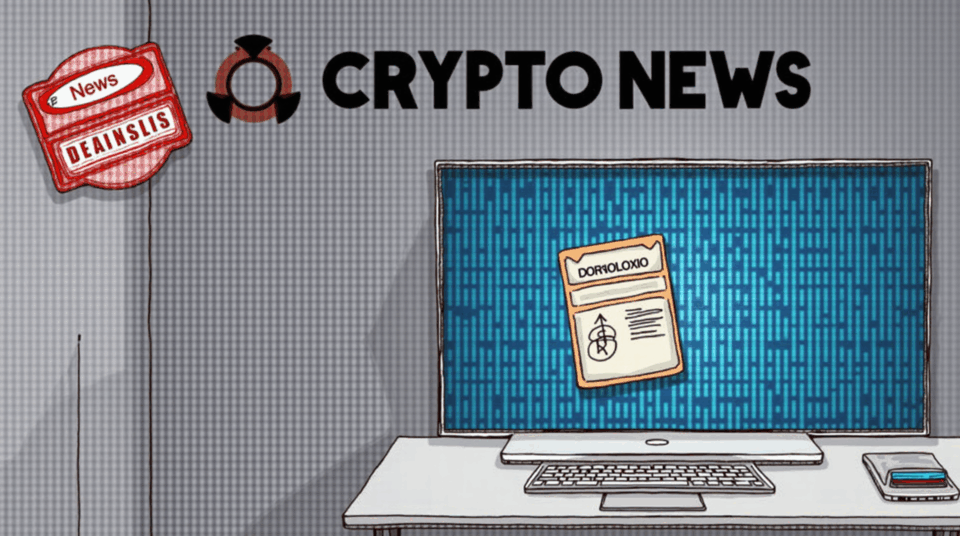World Liberty Financial placed a blacklist on an address attributed to Justin Sun, founder of Tron, which froze numerous WLFI tokens and sparked a debate about market manipulation and centralized controls in tokenized projects. The move raises questions about governance, transparency, and the scope of administrative privileges over assets marketed as decentralized.
The Block and How It Works
WLFI imposed a block on a Justin Sun-linked address, preventing transfers or trading of tokens from that wallet when the contract or custodians allow it. Reports indicate that this intervention is only possible due to technical privileges in the token contract, centralized custodian clauses, or coordination with exchanges that can freeze off-chain assets. Blacklisting is not a native mechanism on most public blockchains, and its effectiveness depends on these centralized control points.
Volumes and Affected Parties
Estimates of Sun’s holdings range from hundreds of millions up to nearly $900 million in WLFI. Additionally, DWF Labs reportedly holds around $25 million, while significant positions attributed to the Trump family reportedly push the project’s paper valuation into several billions, increasing the complexity and impact of the block.
Market Manipulation Risk
Token concentration in a few hands raises the risk of sudden price movements and facilitates manipulative practices, as large centralized holdings create incentives and opportunities for actions that are not always transparent and can distort the project’s perceived value.
Centralized Controls and Censorship Points
The technical or administrative ability to freeze addresses demonstrates censorship points and dependence on guardians, which contrasts with the decentralization narrative and raises questions about who can intervene, under what criteria, and the need for those powers to be documented and limited.
Regulatory and Reputational Pressure
The combination of political figures and large capital increases media exposure and regulatory scrutiny, elevating regulatory and reputational risks. Visible actions such as blocks and large holdings attract attention that could lead to investigations, sanctions, or changes in market behavior.
Project Measures and Their Limits
The project carried out token burns and proposed buybacks to stabilize the market, but these measures do not address the root issue. Reducing circulating supply may influence short-term volatility, but it does not remove administrative privileges or the power concentration that allows discretionary interventions on others’ balances.
Governance Recommendations
It is urgent to implement transparent governance controls, technical limits on administrative privileges, and tokenomics audits. Projects should minimize centralized control points, document intervention rules, and provide on-chain verifiable mechanisms to prevent arbitrary decisions and preserve users’ financial sovereignty.

Conclusion
The block of the wallet attributed to Justin Sun by World Liberty Financial serves as a catalyst for rethinking token issuance and control practices. Greater transparency, robust governance, and technical restrictions on administrative privileges are essential to restore trust and prevent public assets from becoming tools of control rather than instruments of financial freedom.

